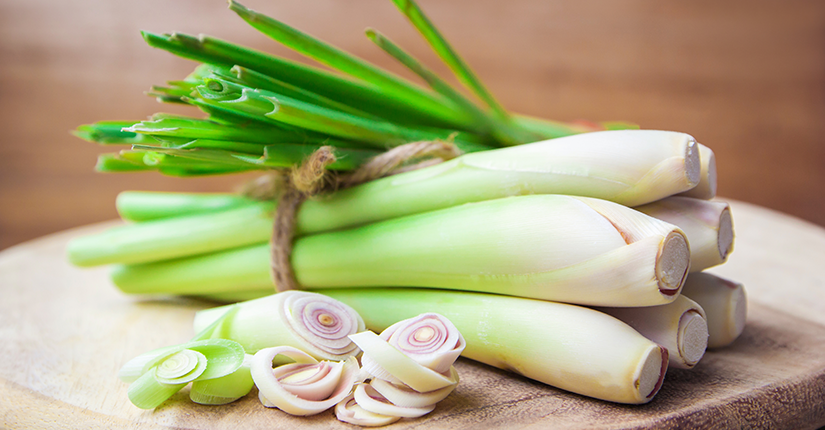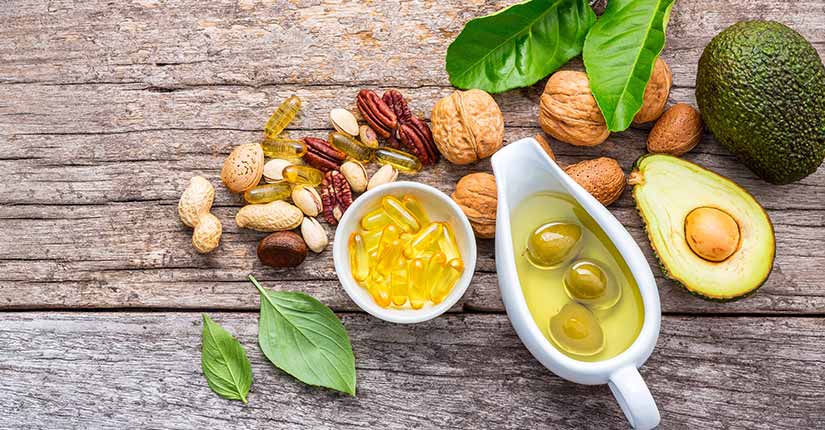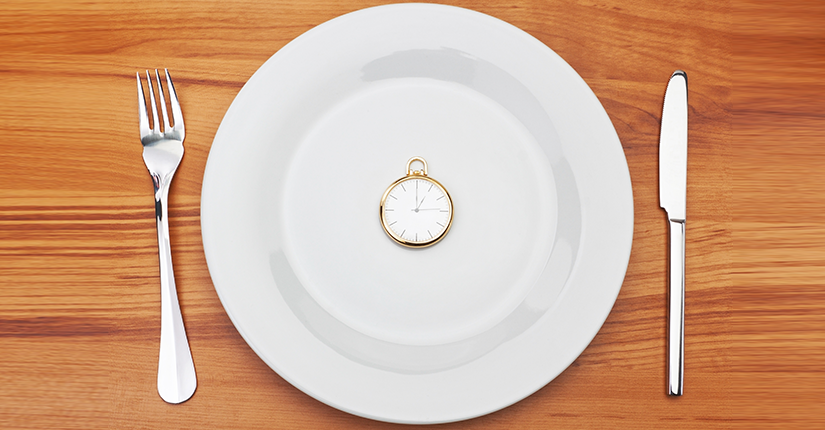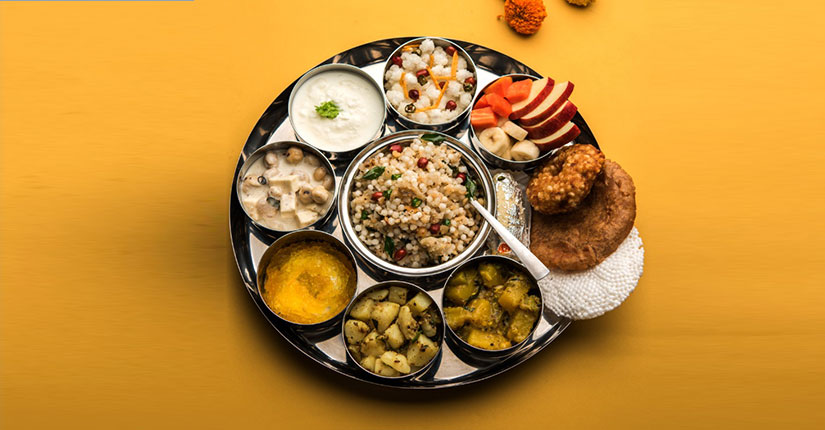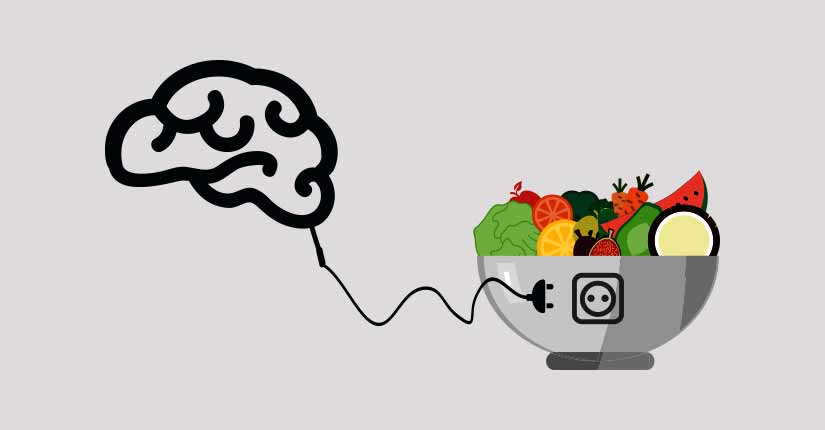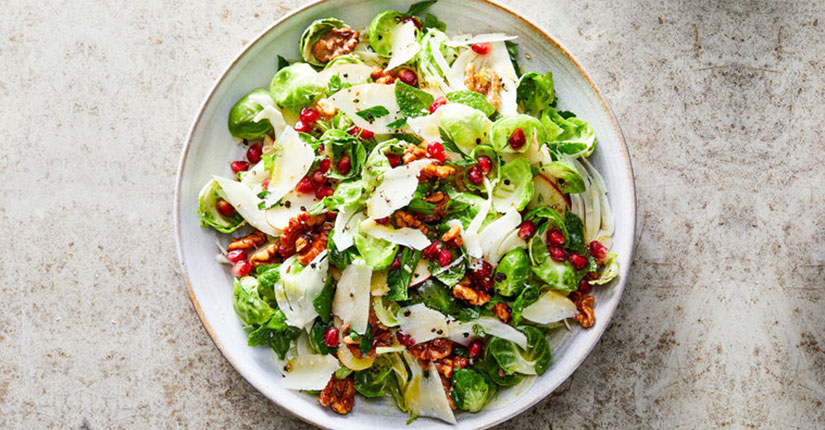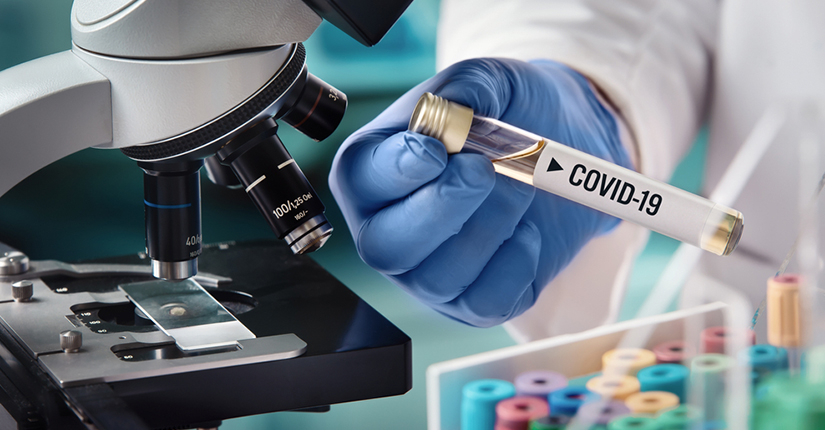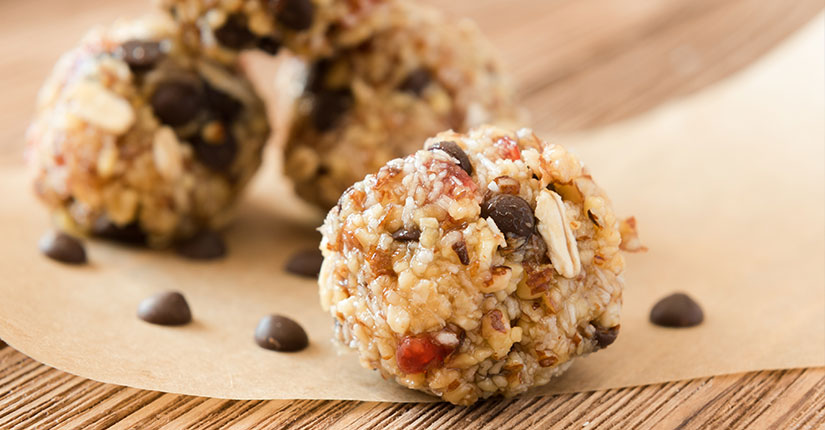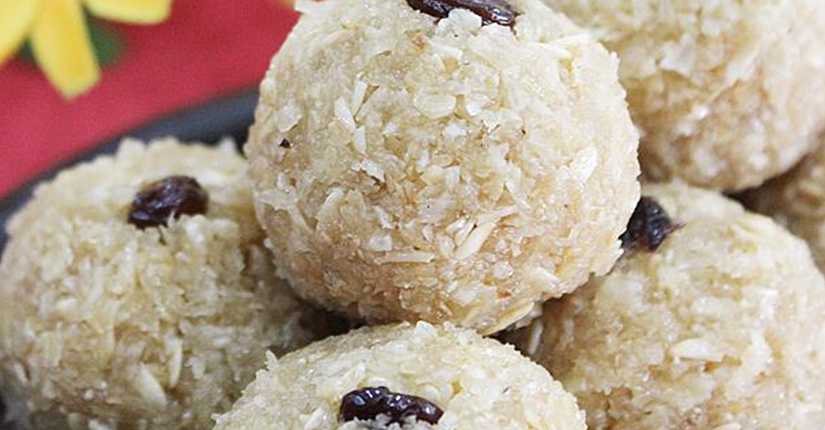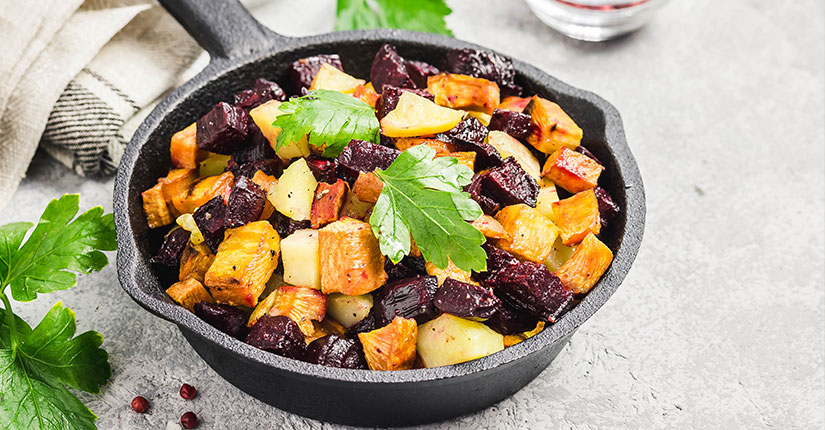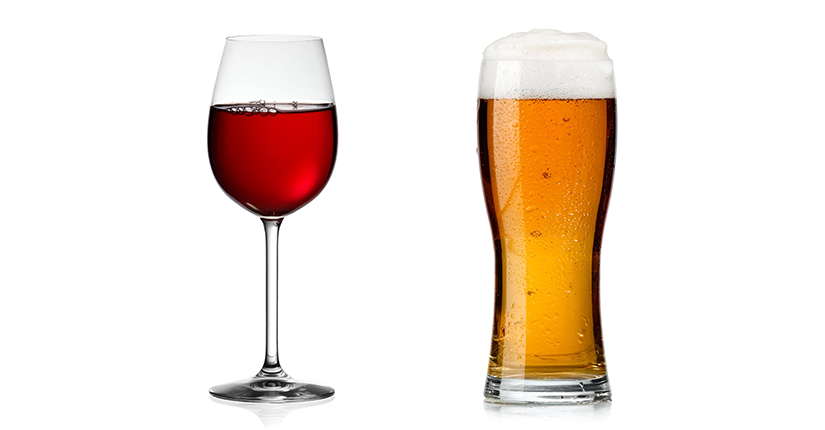5 Dietary Changes To Manage Celiac Disease
By: Admin Date: 14-May 2022 Reading Time: 4 Mins
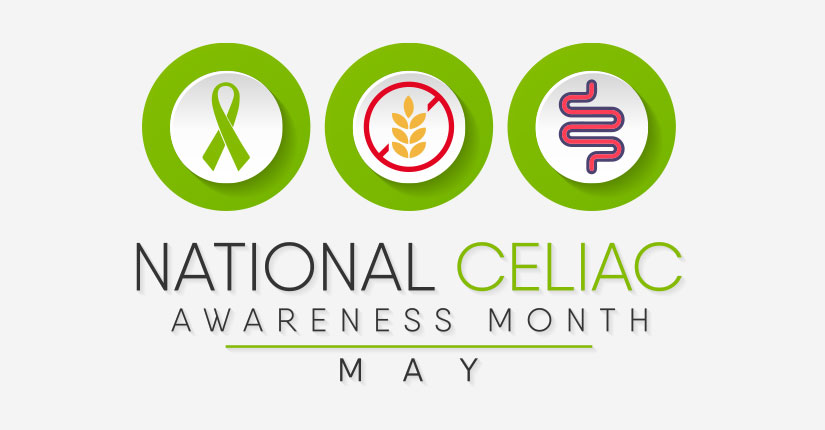
Gluten is a protein that gives the body soluble fiber and many nutrients. But it may not be the same for everybody. Some people might have digestive problems after having gluten and this ailment is called Celiac Disease. In this disease, consumption of gluten over time can cause inflammation in the lining of the small intestine, leading to medical complications. It can also lead to the malabsorption of some nutrients.
Symptoms of this disease are bloating, diarrhea, abdomen or joint pain, fat in stool, heartburn, indigestion, lactose intolerance, etc. But they are often confused with gluten intolerance or sensitivity, as both have almost similr ssymptoms. Whereas, the celiac disease is an auto-immune disease that causes inflammation in the small intestine on a larger and much severe scale.
This disease is definitely controllable with some dietary changes because it’s all about the diet afterall.
Here Are 5 Dietary Changes To Manage Celiac Disease:
- What To Avoid- if the disease is about causing inflammation due to the diet then we surely have something to avoid- Gluten! Gluten is found in grains like rye, barley, wheat, semolina, and the products produced from these grains such as breads and pastas. Beverages like flavoured liquors or beer, artificial additives and even processed food contain this protein. Make sure you eliminate all such foods from the diet and also be sure of the ingredients whenever you buy from outside.
- Fruits And Vegetables- they can add a lot of fibre and nutrients to your diet. Fruits and vegetables also boosts the imunity as they are all natural and have their nutrients intake.
- Include More Probiotics And Protiens- both of them are important for a healthy gut. Protein can fulfill the requirement of gluten by the body and dairy products like curd are a good source of probiotics and increase the good microbes. Be cautious if you have lactose intolerance, you can consume lactose-free products.
- Don’t Share The Cooking Oil- if you fry in the same oil as for a person without this disease, the gluten from other food can be transferred into the oil and cause inflammation. Incase of dining out, ask the cheff to make fried-foods separately for you.
- Supplements- many of the gluetn-free foods may lack the nutrients which are given the gluten-protein. Supplements like phosphorus, calcium, iron, magnesium, zinc, vitamin D and B must be included in the diet for proper maintenance of the body and fulfill deficiencies.
The only way to lead a comfortable and healthy life with the Celiac disease, is a gluten-free diet. Eat a balanced deit including everything but gluten. Gluten-free products are available everywhere, in stores and in restaurants, always check the labels before buying any product.
Footnote:
A few changes in your lifestyle and diet can make you and your gut, healthy and happy. Practice these dietary changes to manage Celiac disease.
